Funded by the State Library of Western Australia, this collection of stories documents 15 experiences of the COVID-19 pandemic that hit Australia in early 2020.
The COVID-19 pandemic lead to the declaration of a State of Emergency on 16 March 2020. Western Australia went into strict lockdown between the months of March to May 2020, with further restrictions continuing for months after. During this time, events were cancelled, schools shut down, and parks became overcrowded. Thousands of individuals, businesses, communities, and organisations were severely impacted as they were forced to work from home, social distance and book emergency flights home.
This collection, produced by the Centre for Stories in Northbridge, Western Australia, explores these unprecedented affects and contributes a record of this remarkable time in history.
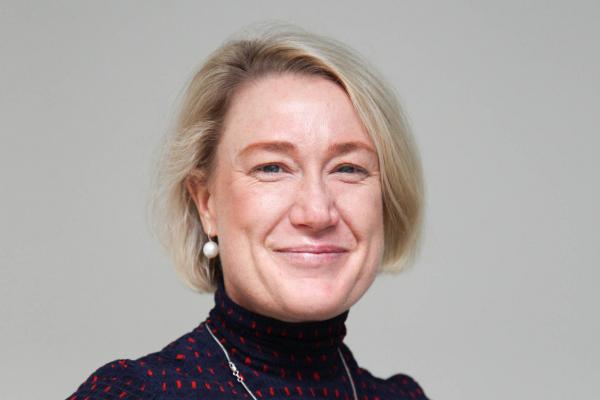
Kate Alderton
Kate Alderton is the director of the Aboriginal Engagement Directorate within the Department of the Premier and Cabinet. In this interview, Kate shares insight on the impact COVID-19 had on rural and remote Aboriginal communities across Western Australia.
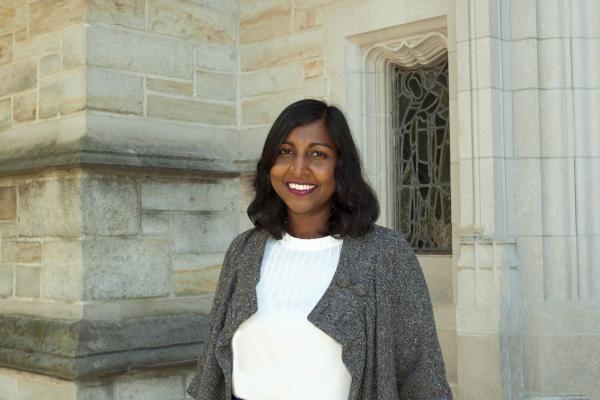
Anna Arabindan-Kesson
In this interview, Anna Arabindan-Kesson shares her experience of the COVID-19 pandemic. Anna is a professor teaching in the United States. When the pandemic struck the US, socio-political unrest was rampant, leading to mass anti-masker protests, riots, and the important resurrection of the Black Lives Matter movement after the unlawful murder of George Floyd. During this time, Anna and her husband made the decision to move back to their safety net: Western Australia.
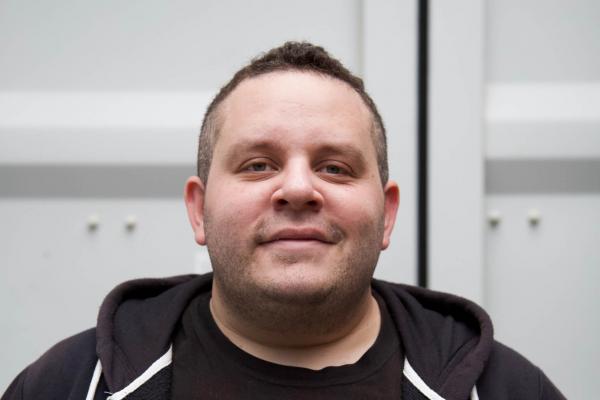
Rafael Gonzalez
Rafael Gonzalez is a proud Aspie, a person with Asperger’s Syndrome. He shares his experience of getting a new job, moving out of home, and having his life put on pause, all while in lockdown during the COVID-19 pandemic. Raf reflects on how he dealt with isolation, fear and separation anxiety.
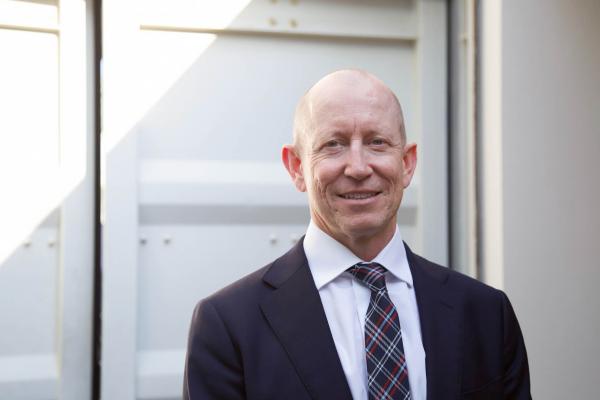
Brad Hilliard
Brad Hilliard is the head of middle school at Wesley College. In this interview, Brad shares insight on the way the school community reacted to the threat of the COVID-19 pandemic. Brad reflects on the impact COVID had on teachers, students, and their boarding students, as they pushed back exams and converted to online learning.
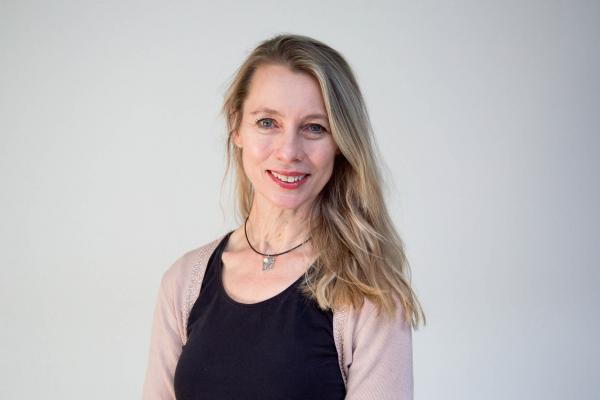
Dr Michelle Johnston
Dr Michelle Johnston is an Emergency Physician at Royal Perth Hospital in Western Australia. In this interview, Michelle outlines what a day in the emergency department looks like and how the impact of the pandemic unfolded for the team and the hospital’s patients. Michelle shares that COVID-19 highlighted the severe inequalities many people face within Australia as well as the incredible strength of her co-workers and other essential workers during this time.
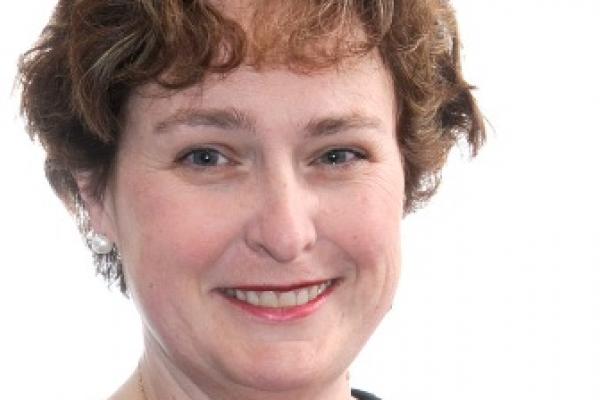
Mary McConnell
Mary McConnell is the Disaster Management Coordinator at Joondalup Health Campus. In this interview, Mary shares insight into the incredible strength of medical and essential workers during the peak of the COVID-19 pandemic. Joondalup Health Campus took in over 40 COVID-positive patients, many of which were from the German cruise ship, the Artania.
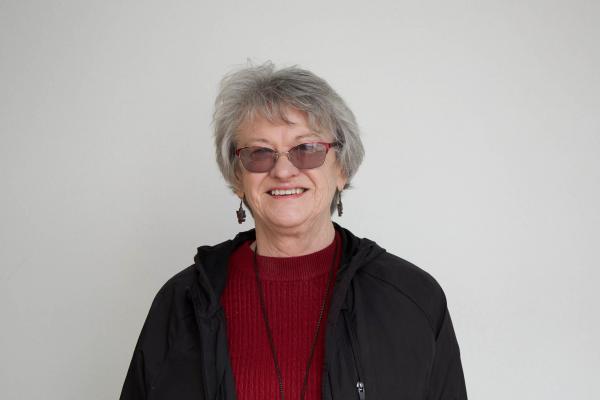
Christine McCormack
When the global pandemic was becoming increasingly urgent, Christine McCormack received news that a close family member was terminally ill. Chris’ story is a heart breaking first-hand experience of the devastating impact COVID-19 had on families and loved ones during this time.
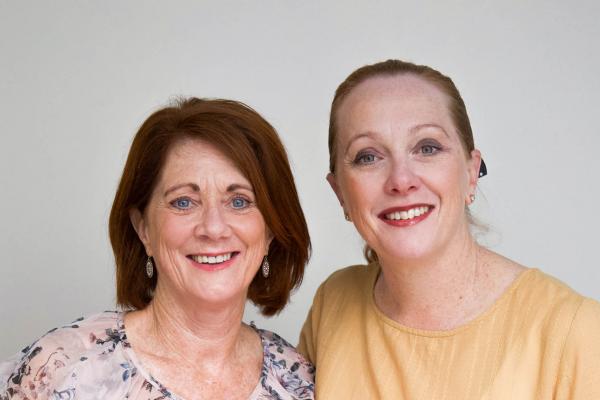
Joanne Micallef and Suzanne Green
The COVID-19 pandemic lead to dramatic changes in people’s personal lives, including the way families and members of the community grieve and say goodbye to loved ones. Sisters, Joanne Micallef and Suzanne Green share beautiful memories of their father and the difficulties of grieving when isolated from one another in lockdown.
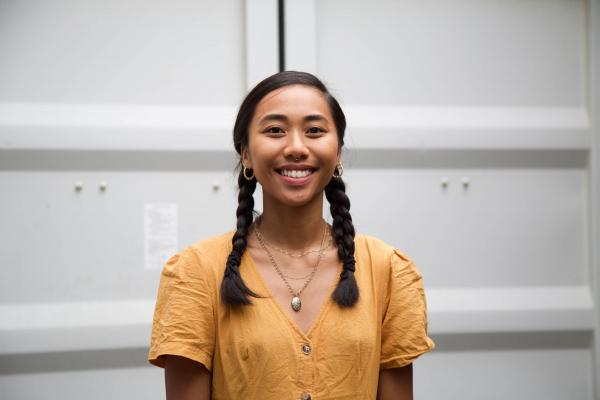
Zhafirah Zunner
Zunnur ‘Zee’ Zhafirah, is a professional dancer from Singapore. She recently moved to Perth with her partner during the pandemic. Zee shares her experience of quarantining in a new country and the impact COVID-19 had on her career, on making friends, and her artistic trajectory.
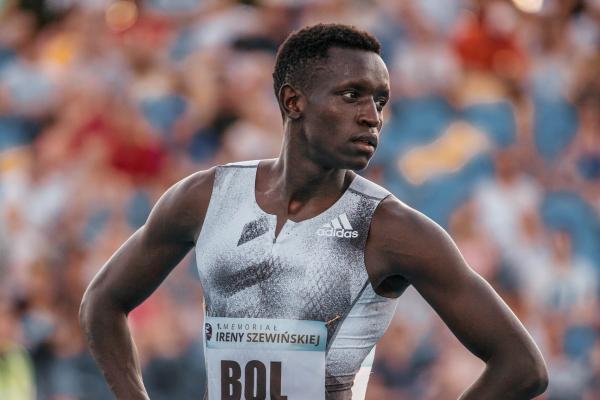
Peter Bol
Peter Bol is a middle-distance runner. Rather than worry about a new Olympic date, he’s been focused on taking each day as it comes. He’s role modelling young aspiring athletes by inviting them on his daily runs. He’s a young visionary writing and sharing his reflections on the power of syncing the mind, body, and spirit to stay healthy as a person and athlete. Through COVID-19 and the Black Lives Matter movement, he presents the opportunity for us to be more curious about each other as an act to build a stronger community connection.
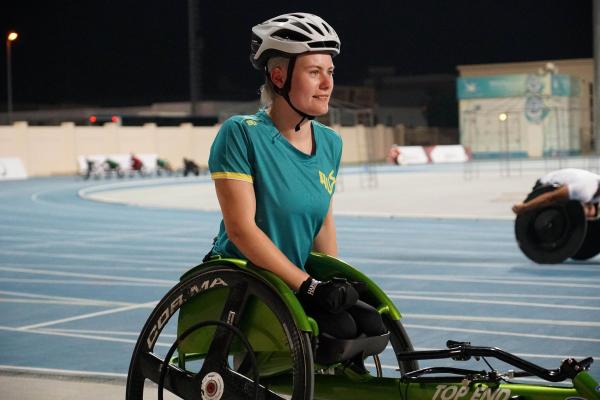
Robyn Lambird
Robyn Lambird was pushing her body to peak performance ahead of her first Paralympic Games when the news of the postponement came down. The sudden slow down in training, quickly revealed the need to take better care of her body and mind. Lambird, who’s 4th in the world for 100-metre wheelchair racing, has been building in better nutrition and rest, while also growing her role as a fierce disability advocate. Lambird gives us a lot to learn: how we can take care of ourselves and become more inclusive of people with disabilities in our community.
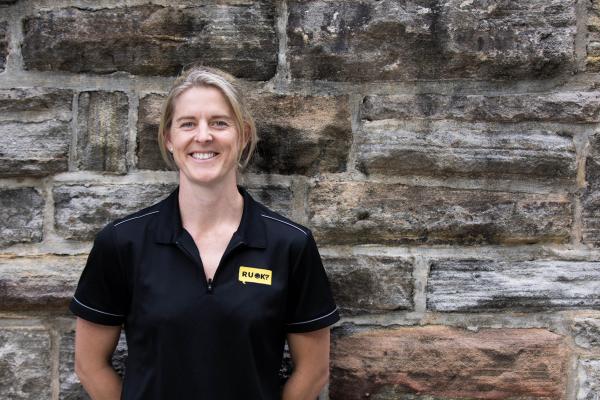
Rachael Lynch
When COVID-19 hit Perth, Rachael Lynch was celebrating being international goalkeeper of the year and playing her 200th game. Lynch, 34, is a registered nurse: she quickly stepped off the field and onto the frontlines to fulfil what she calls a “moral duty.” As she took off her goalie mask, she regained an opportunity to be Rachael: a person, friend, sister, and daughter. She brings us into challenging moments to keep West Australians healthy, the joy of afternoon cycles with girlfriends, and reflecting on her next career move.
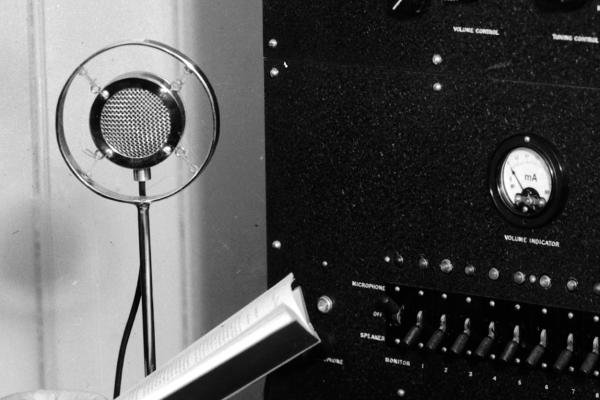
Brad Ness
When Brad Ness and his team couldn’t train together anymore at the Western Australian Institute of Sport, they got creative. Rather than focus on what they couldn’t do or didn’t have, Ness gave his team the autonomy to define their own training days and presented an opportunity to grow as athletes: he asked each person how he could support them to be the best athlete. He needed them to put the Tokyo Games in the back of their minds, for now. Ness, a caring and compassionate coach, brings us on the journey of how COVID-19 brought this team closer together.
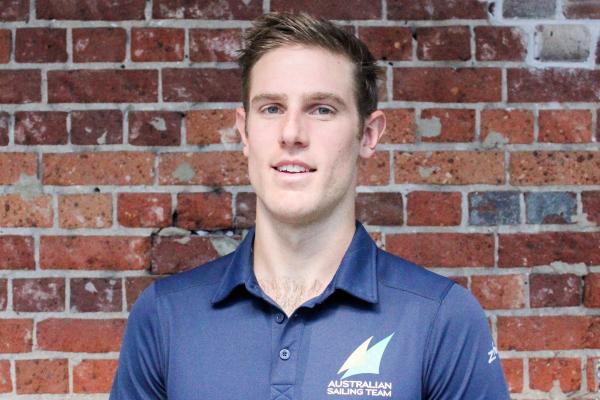
Matt Wearn
Matt Wearn, one of the world’s best sailors, was among the first athletes selected for the Western Australia Olympic team. Wearn, 24, who started sailing in Fremantle at six-years-old was headed into what he calls “one of the best years of his life,” when the news of the postponement came down. He opens up about how he worked through mental strain, the challenge of being separated from his partner and fellow Olympic sailor Emma Plasschaert, and building a resilient mind-set to focus on going for gold.
COVID-19 Photographs
See photographs capturing what life was like in Western Australia during the COVID-19 pandemic.
